Issue #13: The Latin American Issue

In nonsite’s thirteenth issue, we turn to the contemporary relationship between literature and politics in Latin America today. Edited by Eugenio Di Stefano and Emilio Sauri.
Cinematic Irony: The Strange Case of Nicholas Ray’s Johnny Guitar
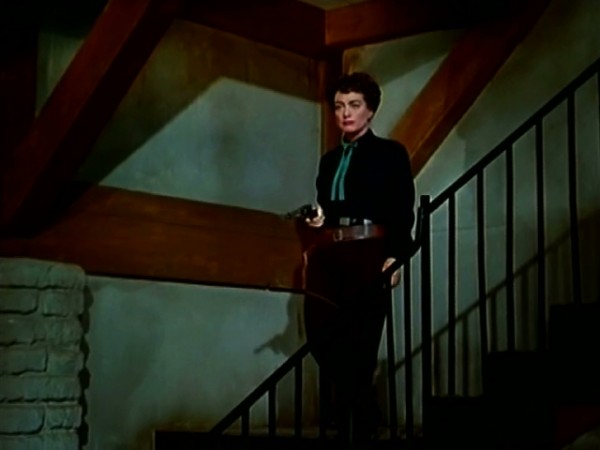
A dominant “knowing irony” can suggest the kind of uncertainty, or reluctance to take any side in some important dispute, which is inconsistent with the high seriousness and mythic ambition of great Westerns. In the crisis situations portrayed in Westerns, indulge such an irony and you begin to sound like a Lee Marvin character, a cynic. The great problem in great Westerns is the possibility of and the nature of and especially the cost of civilized life itself.
Past Issues

Issue #12: Contemporary Politics and Historical Representation

In nonsite’s 12th issue, a collection of views on the meaning and uses of postcolonial theory in and around modern Poland, plus photography and ’sixties Paris and a feature essay on Thomas Piketty’s celebrated Capital in the Twenty-First Century.
The Theater of Inequality
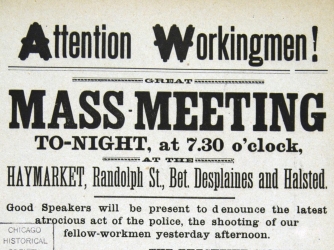
Like the ideology undergirding Occupy Wall Street, Piketty’s book exhibits a marked lack of historical consciousness and complexity. Like Occupy Wall Street, it confuses capitalism with capitalist social relations. And thus both protest and text imagine solutions without politics, lack coherence regarding the necessity for a revaluation of labor and a shrinking of the moral confines of the market, and hope for a better world sans class politics as a mechanism.
Questions for Adams

How do we decide what factors are wheat and what are circumstantial chaff? Once we have, can we say that we are attending to history, or should we rather say that we are producing a carefully counterfactual story of our past history with the right features to motivate action in the present that suits our present sensibilities? Or, to put the matter in terms of the question I want to ask, does history provide evidence of historical consciousness (as opposed to antihistoricism) as a necessary condition of class-driven politics? This is the matter Adams assumes, and which I want to make explicit.
Didier Bay’s Photographic Sociology of Post-1968 Paris
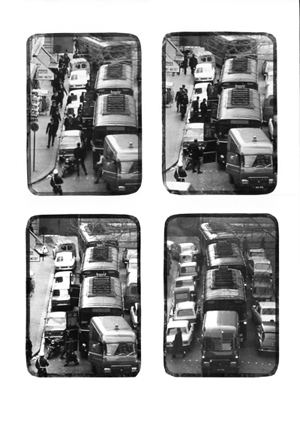
Even the seeming agency of individual taste becomes an ossified representation of categorized, predictable choices and habits such that, according to class, education, and political leanings, individuals could be predicted to demonstrate affinities for Bach or Brassens, Le Monde or Le Figaro, tennis or football, a tidy or a harmoniously designed home.
Seeking the Authentic: Polish Culture and the Nature of Postcolonial Theory
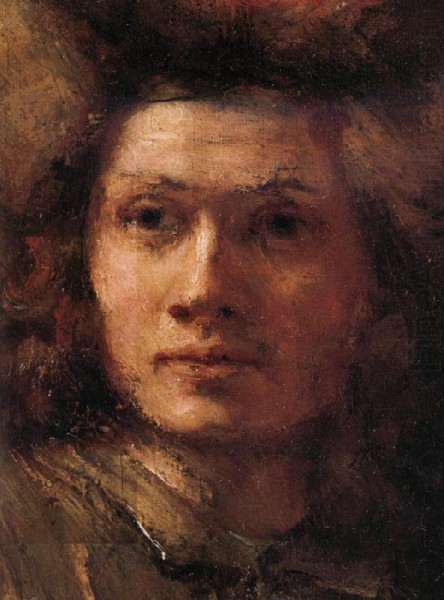
The notion of postcolonial theory has been floating around the Polish intellectual scene for the last ten years like a colorful balloon that nobody can ever quite capture or claim. Given the country’s experience of foreign occupation and domination throughout the nineteenth and twentieth centuries – and an earlier quasi-colonial history of its own in present-day Lithuania, Belarus and Ukraine – postcolonial theory seems at first glance to open some intriguing possibilities in Polish historical, political, sociological, cultural and literary studies. Indeed, various scholars in all these fields have advocated a turn towards it, though the discussion has generally failed to advance far beyond repeated prefatory remarks and prolegomena. Postcolonial theory in Poland increasingly resembles an unrealized possibility that has somehow already exhausted its creative potential – a stillborn theory.
Forget Postcolonialism, There’s a Class War Ahead

The ideas and convictions expressed by the Polish conservative adherents to postcolonial theory that Bill so eloquently analyzes are just a new articulation of an attitude long established in Polish culture: the one of an alternative and indigenous modernity sharply contrasting with the content of Western modernism, to use above-mentioned Jameson’s notion. What the Polish adherents of the postcolonial studies advocate is not a simple rejection of modernity tout court, an attitude that can nowadays be found in such places as Bhutan, but rather a perverse deviation from modernity: modernization without modernism.
East European Art Peripheries Facing Post-Colonial Theory
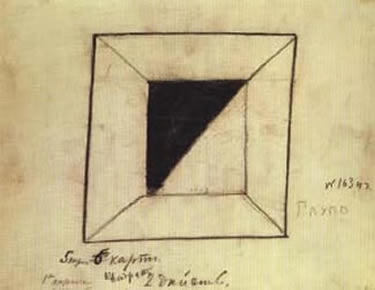
Let’s start from fundamental, and at the same time quite obvious remark: literature operates with language, which in its nature is national, or ethnic (which of course is not the same). Literature, including modern literature, is always mediated by language, whether it would be a language of the colonized, or the colonizer. Participation in modern culture, universal, cosmopolitan “imagined community,” thus, is always mediated by language, or languages, i.e. “indirect” in its nature.
